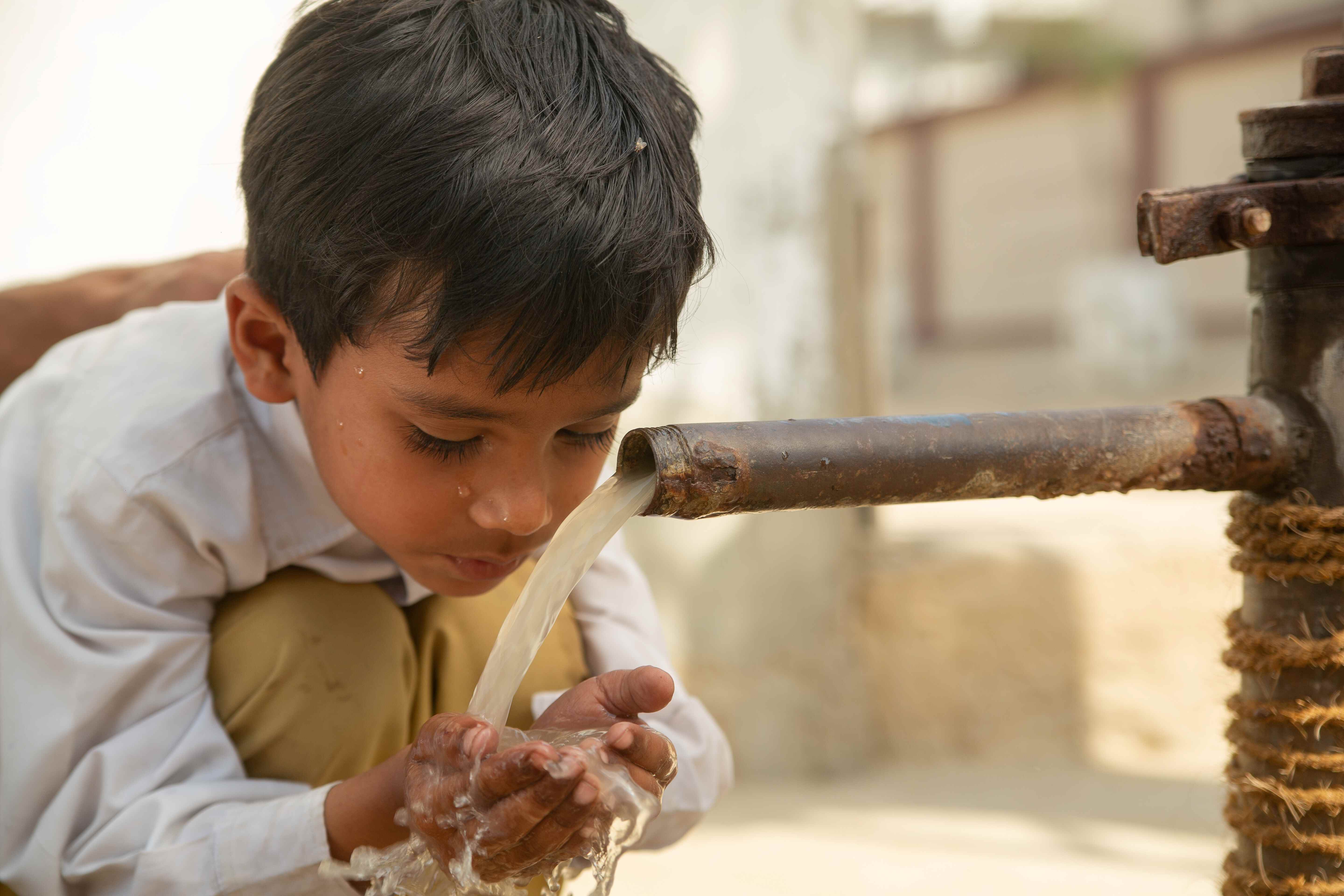 woman talking to man
woman talking to man
Around a year ago, we had a discussion in the South Asia management team on the role of social accountability in development. The diagnosis presented was not pretty: persistent weaknesses in public service delivery and growing inequality of economic opportunities meant that many poor people in South Asia were left behind. The proposed solution was to pay greater attention to citizen engagement in World Bank supported projects to ensure the benefits really reach those in need. We then put a special criterion on citizen engagement in the annual Vice Presidential team awards. In this blog, we summarize the results of three winning projects that show how citizen engagement can lead to better outcomes – and the lessons they may hold.
Accountability: The established compass of development policy
The 2004 World Development Report underscores the role of accountability in ensuring high-quality public service provision, pointing to the breakdown of checks and balances among citizens, governments, and service providers as the root cause of poor service delivery. This framework provides us with a useful benchmark. However, our experiences in South Asia illustrate that achieving sustainable development outcomes requires going beyond accountability and acknowledging issues of power and vested interests that can drive outcomes even when formal checks and balances are in place and information is available . In such contexts, project design needs to take political economy factors explicitly into account and aim to shift the balance of power directly.
Pakistan - Putting water services in the hands of technical experts and the community
In Pakistan's largest city of Karachi, millions lack access to water and public sanitation services - with poor communities experiencing the most severe rationings. A World Bank-supported project is addressing two key Political Economy obstacles causing this inefficiency. Previously, the water supplier’s board was dominated by government officials. This led to a blurring of responsibilities and the rise of vested interests in the management of the water utility. The project reformed the composition of the board and introduced competitive market hiring of leadership positions. In addition, the project is scaling up water connections in the poorest communities, involving community members as partners in project implementation. Together with partner NGOs and the water supplier company, communities will receive education on technical aspects of water connections. Yet community empowerment will go beyond education. In collaboration with the water supplier, community-based organizations will manage the services and collect tariffs themselves, actively involving them in the operation and improvement of the water service system.
This project successfully navigates the real-world challenges of managing a water supply company and establishing accountability between actors, while seeking to empower communities. So far, the project is on track to provide safe water access to 2 million residents.
India - Empowering citizens to access and demand high-quality services
In recent years, citizens in Assam couldn’t easily access public services due to overly complex and bureaucratic service request processes. This led to the underuse of available services. A World Bank-supported project addresses these issues through technology, introducing an online platform to simplify service requests. Through this online platform, citizens can now conveniently access a wide array of governmental services, including documentation and licensing. These services encompass the transfer of inheritance deeds and the procurement of licenses required for various business activities, but also the acquisition of essential certificates necessary for obtaining government entitlements, such as civic registration, income, marriage, and disability certificates.
However, the project goes beyond improving the structures of service supply to also tackle the issue of limited demand for services. It raises awareness among citizens about the type and quality of services they are legally entitled to receive. This has empowered citizens to demand more and better services and put pressure on policymakers to deliver services more effectively. The project thus provides comprehensive solutions, addressing both supply and demand aspects to improve Assam's public service delivery. More than 8.2 million online applications for approximately 350 services have been registered within 18 months of the Portal becoming operational. Witnessing the gains of improved service delivery under the project, the government is working towards expanding the bouquet of available services on the portal to 1000 services.
Afghanistan - Providing Healthcare Amidst Political Crisis
When the Taliban took over Afghanistan in August 2021, the nation’s healthcare system faced a dire situation. International aid was halted, posing a significant risk to public services like healthcare, which relied heavily on external funding. Despite the delicate geopolitical situation, the World Bank was able to mobilize and coordinate financing from development partners within six weeks of the crisis and worked in close collaboration with stakeholders on the ground to help sustain health and nutrition gains that have been achieved over the past decade. The financing partners included the Global Fund to Fight AIDS, Tuberculosis and Malaria; the United Nations Central Emergency Response Fund; and the Afghanistan Resilience Trust Fund (ARTF). The Bank was then able to quickly prepare the Health Emergency Response Project, with UNICEF and WHO as implementing partners. This project is delivering basic health and nutrition services at scale, in 2,400 health facilities nationwide, ensuring women’s and children’s continued access to basic health services.
This project illustrates how considering the role of partners as political actors and aligning interests and workflows under a common goal can help shape service delivery off-budget and sustain delivery systems, even in the face of political upheaval.
The Road Ahead
As these projects demonstrate, delivering high-quality public services and development outcomes is a multi-faceted challenge that requires innovative solutions. While accountability and transparency remain important factors, it is equally vital to engage communities, rethink governance structures, and leverage external actors in complex political economies . By doing so, we can steer development efforts back on track, ensuring that all citizens benefit equitably.
This blog is part of a series that explores examples of policies, investments, and partnerships that are delivering results and that could be scaled to match the ambition of the World Bank's new playbook for South Asia. Within the theme of Resilience, we will be publishing follow-up blog posts that delve into various elements.




Join the Conversation